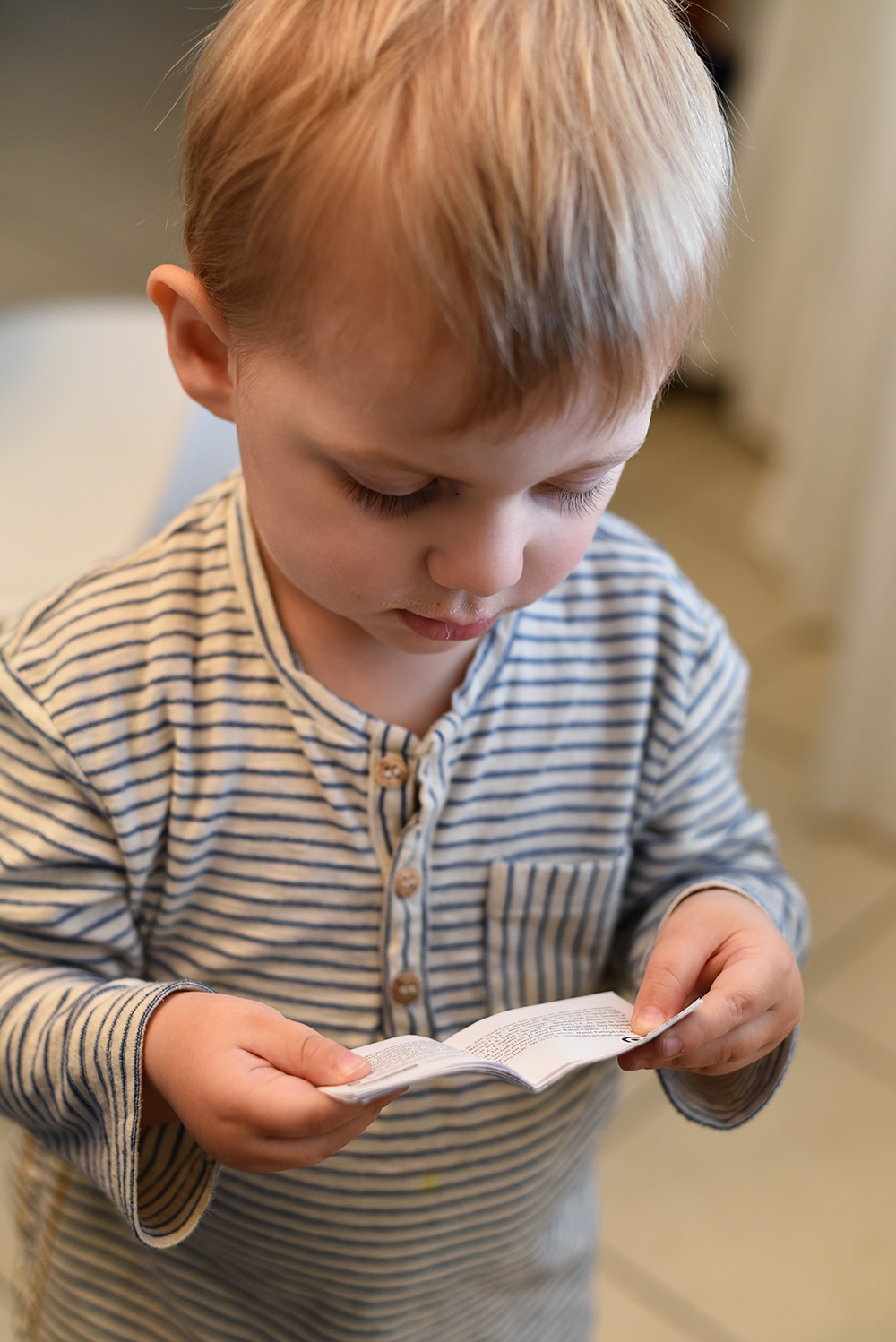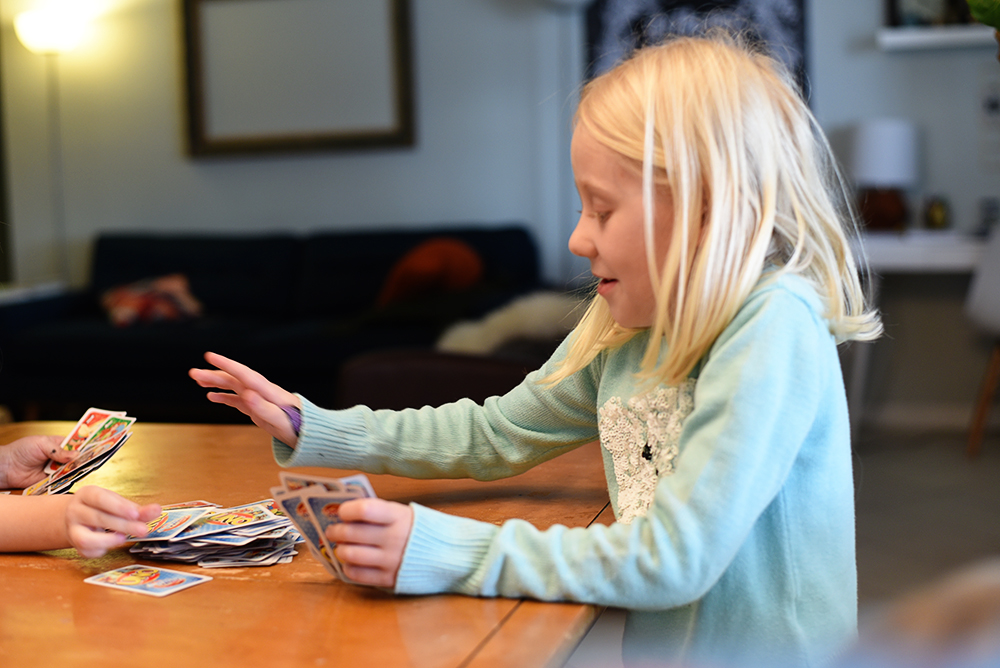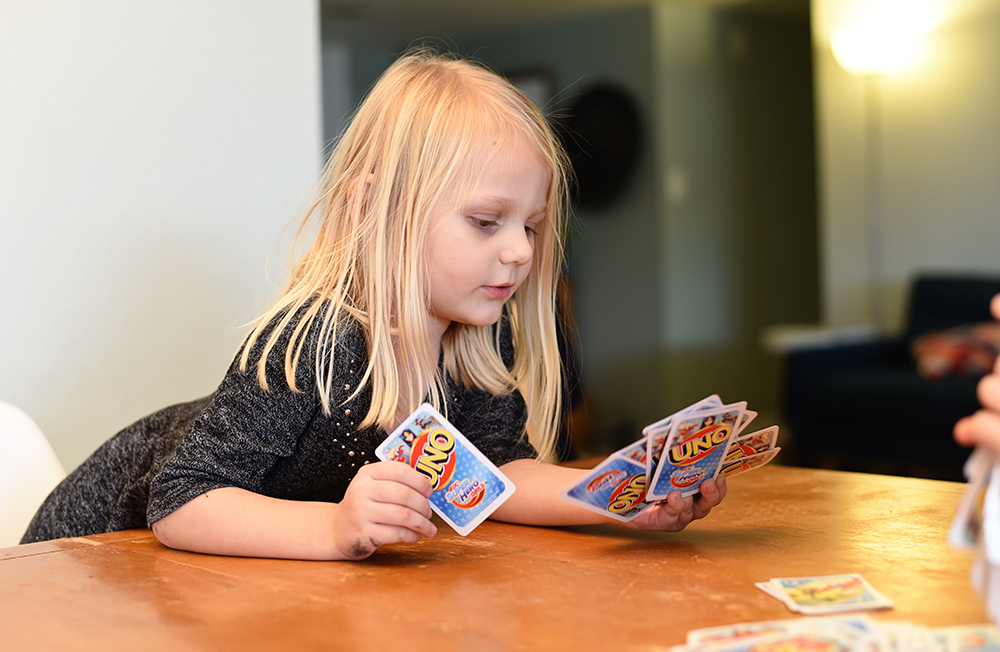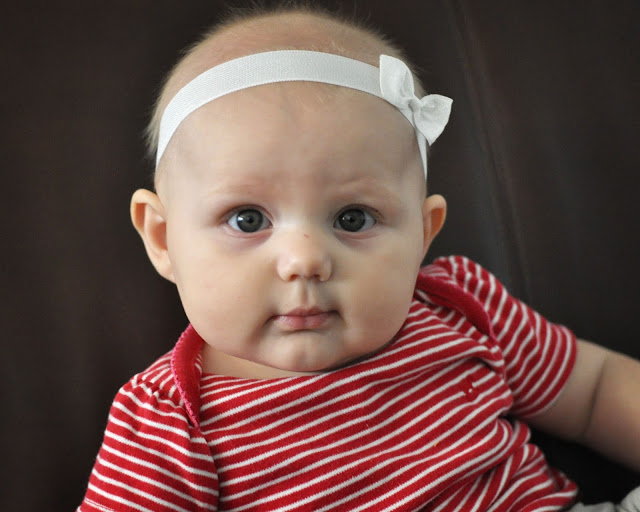Last week I read Small Great Things by Jodi Picoult. I went in knowing nothing about the story except it was highly recommended. And as I read it, I had some Strong Feelings.
On one hand, stories about racism—both extreme and subtle, personal and systemic—are soooo important. The characters were complex and at least partially sympathetic, and I 100% believe something like this could happen in real life. It’s sobering.
But on the other hand, I’m not sure it was this author’s story to tell. How could a white woman possibly understand what it’s like to be a black woman living + working + raising a child in a predominantly white city? Not that there’s anything wrong with white authors writing black characters, but this story was ABOUT RACE. It raised my eyebrows for sure.
I was bothered by too many stereotypes: the model minority, the domestic worker, the angry black woman, her thug children. Even the moderate white character had to be taught to see things correctly by her newfound black friend…which is a play on the Magical Negro trope.
And the White Supremacist character? He scared the crud out of me up until the end when he suddenly wasn’t as believable anymore. No spoilers, but things wrapped up way too nicely for me.
It was an eye-opening and moving book. I honestly enjoyed it. But it also left me feeling kind of icky.
Icky because it forced me to examine some of my own soft racism. Because I should listen to and believe people of color rather than waiting for a white author to tell me a story that is “palatable” enough for me to learn these lessons.
I’m aware that black parents think about + talk to their children about Existing While Black every single day, while I am rarely confronted with my own whiteness. When Ryan grows up to be tall + strong, I’m not worried that he’ll be considered violent + threatening because of his skin color. I don’t worry that my girls will be overly sexualized the same way non-white girls are at such young ages. And it’s a little thing, but I know they’ll easily be able to find cosmetics + hair products for their fair complexions.
Little things like that add up.
My children will see a wide range of people who look like them in advertisements, movies, and government roles. Their teachers won’t make negative assumptions about them because of their skin color. It’s unlikely that they’ll face job or housing discrimination because of their names.
They are privileged.
That doesn’t mean they won’t have to work hard, or that they’ll never experience poverty or illness or even discrimination of some kind. But their lives won’t be made more difficult simply because of what they look like.
If we were playing a game, the cards would definitely be stacked in their favor, you know? But it’s not just a game.
I’m grateful. But I also feel icky about it. Because as much as I hate that we live in a world where our genetics have given our children an unfair advantage, I can’t help being glad that it’s not a mental burden I have to bear. Thank goodness we aren’t fill-in-the-blank.
There’s that soft racism.
I have never shied away from discussing race with my children. They’re still young, so our conversations are usually short + simple. “Some people think people with certain skin colors are better than others. Do you think that’s right? Your hair is straight and smooth; your friend’s hair is coarse and curly, because all bodies are different.” Things like that.
As they learn more about the Civil Rights Movement and slavery and things in school, we’ll have deeper conversations. How lucky we are, though, that we can wait till those moments to talk about it. How lucky David + I are that we don’t have to preemptively prepare our children to face racist slurs and attitudes.
But maybe we should be. Should we? Should we wait to react to their questions? Or should we be more proactive in teaching them racial equity? I go out of my way to find children’s books with characters + stories from all over the world. I encourage them to be a good friend to everyone, no matter what they look like. Is that enough to keep that dialogue open? To ensure that they treat everyone with dignity + respect + fairness?
I don’t know. Obviously I’m still learning. But I will make a point of continuing to learn, to talk about it with my kids, to root out any prejudice I’m hanging onto, and do better. Because, as Dr. Martin Luther King Jr. once said, and as the Picoult book’s title reminds me, “If I cannot do great things, I can do small things in a great way.”
And if you’ve got any suggestions on how to do that, I’m all ears.
(346 + 248 + 115 weeks)






Very perceptive post. The book made me think again too. There are all sorts of unearned advantages in life – from skin color, beauty, hair colour, intelligence, wealth etc etc. What we need to figure out is how to treat all people fairly – if the debate becomes about removing privileges from people I don’t think we’ll get anywhere very fast.
I totally agree. Stripping one group of people of their privilege and handing it to another is hardly a good solution! But I have heard it said that when one is used to being privileged, equality can feel like opression…which seems pretty accurate to me.
I read this post, and then read it again, and I am STILL trying to figure out a response. I’m so thankful you wrote this, the WAY you wrote it, it’s made me think, and will make me continue to think. So, thank you.
xox
No, thank you. It’s always a little nerve-wracking to get “political” but this is something I feel strongly about. I’ll probably be thinking on it for a loooong time too.